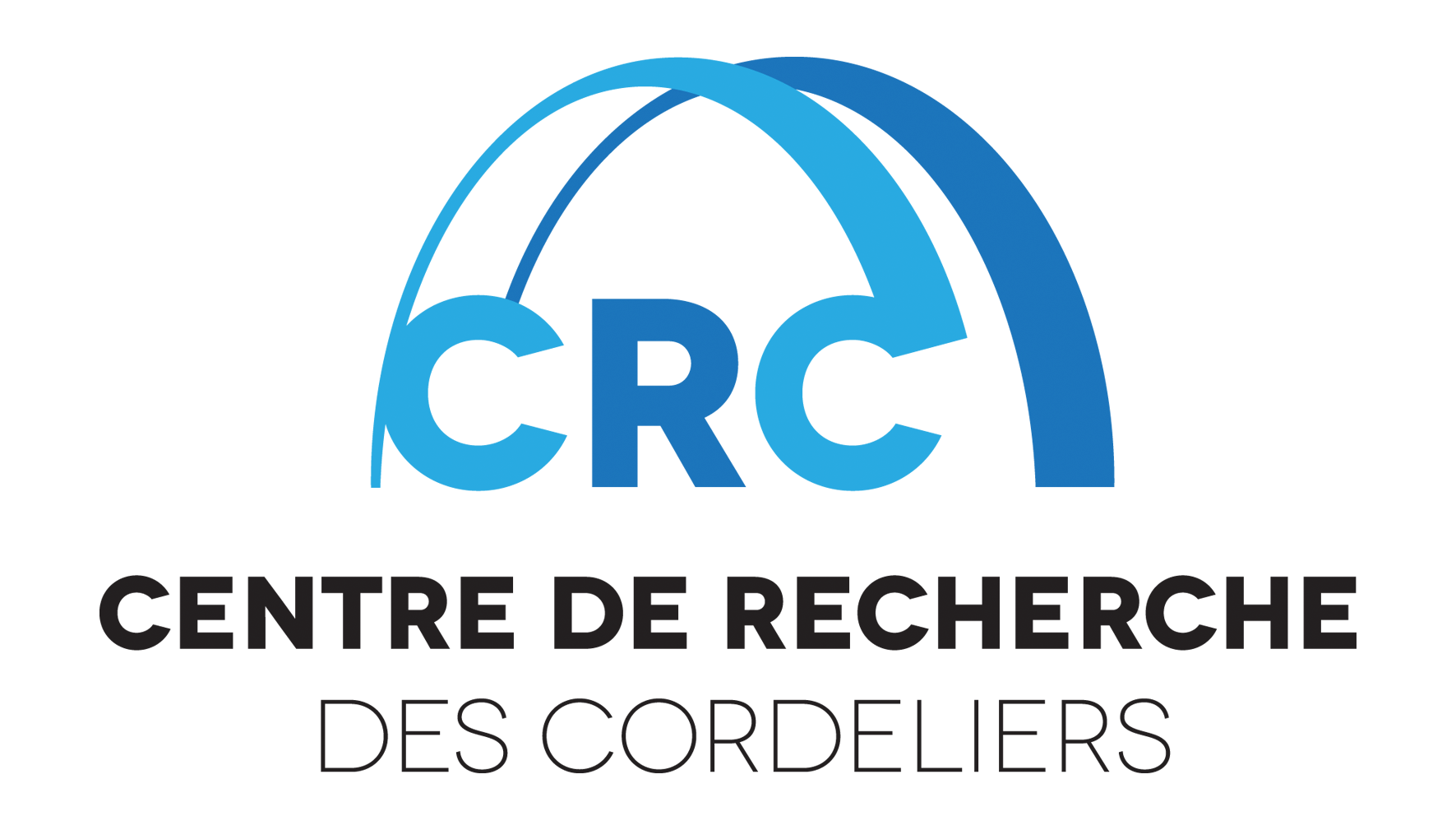The aim of this axis is twofold and can be summarized as follows: how clinical trials can help machine learning? And inversely, how can machine learning help clinical trials? Accordingly, the first aim is to propose clinical trial methods adapted to continuous learning tools, as SaMD (Software as a Medical Device). The second aim is to develop machine and statistical learning models and algorithms learning to enable innovative clinical trial designs using diseases and translational models, EHRs, clinical trial data and synthetic patients, for patient-related knowledge acquisition in biomedicine.
We will specifically study the clinical validation of machine learning approaches for healthcare settings, by proposing methods and designs (for any clinical trial phase or prospective study) for the evaluation of software, used as medical devices as defined by the FDA “Artificial Intelligence and Machine Learning Discussion Paper” (2020).
Keywords : Disease models, translational models, Data adherence algorithms, Treatment optimizing algorithm, Bayesian inference
Seminal references:
Ollier A, Morita S, Ursino M, Zohar S.(2020) An adaptive power prior for sequential clinical trials – Application to bridging studies. Stat Methods Med Res. Aug;29(8):2282-2294. DOI: 10.1177/0962280219886609
Aupiais C, Alberti C, Schmitz T, Baud O, Ursino M, Zohar S. (2019) A Bayesian non-inferiority approach using experts’ margin elicitation – application to the monitoring of safety events. BMC Med Res Methodol. Sep 18;19(1):187. DOI: 10.1186/s12874-019-0826-5
Chen X, Garcelon N, Neuraz A, Billot K, Lelarge M, Bonald T, Garcia H, Martin Y, Benoit V, Vincent M, Faour H, Douillet M, Lyonnet S, Saunier S, Burgun A. Phenotypic similarity for rare disease: Ciliopathy diagnoses and subtyping. J Biomed Inform. 2019 Dec;100:103308. doi: 10.1016/j.jbi.2019.103308. Epub 2019 Oct 14. PMID: 31622800.

